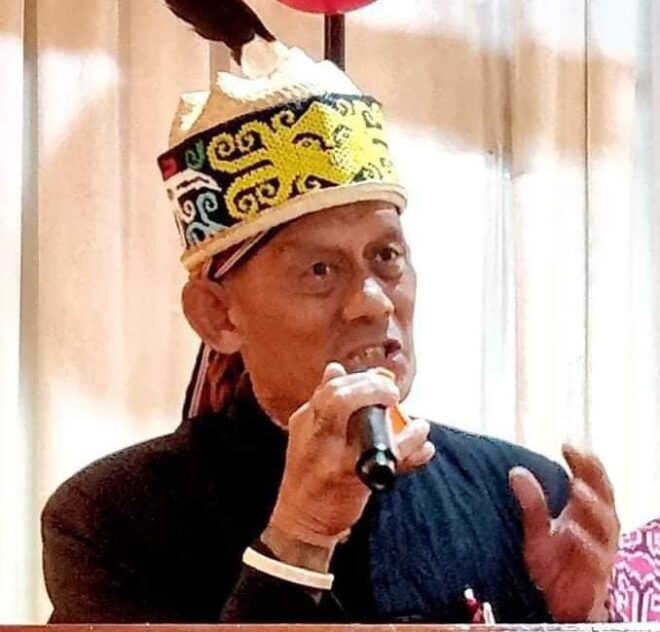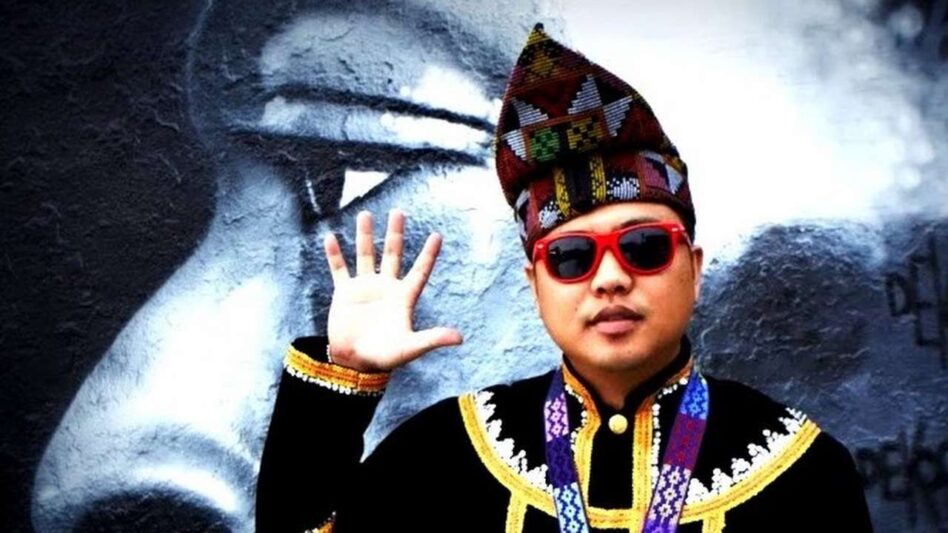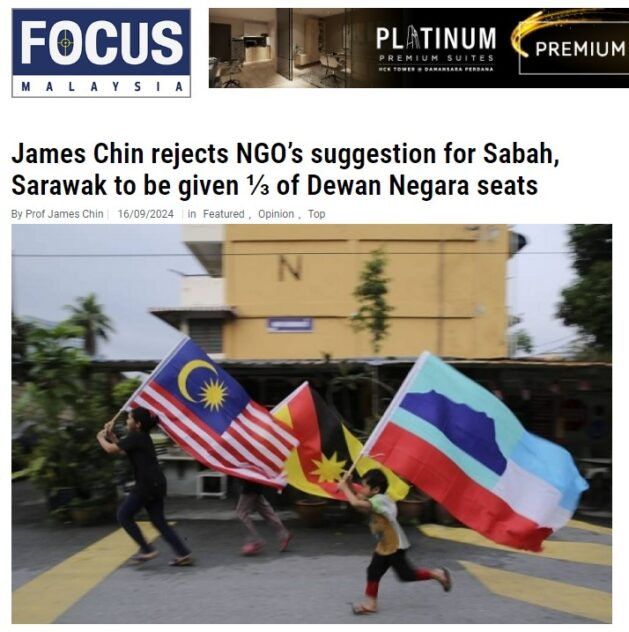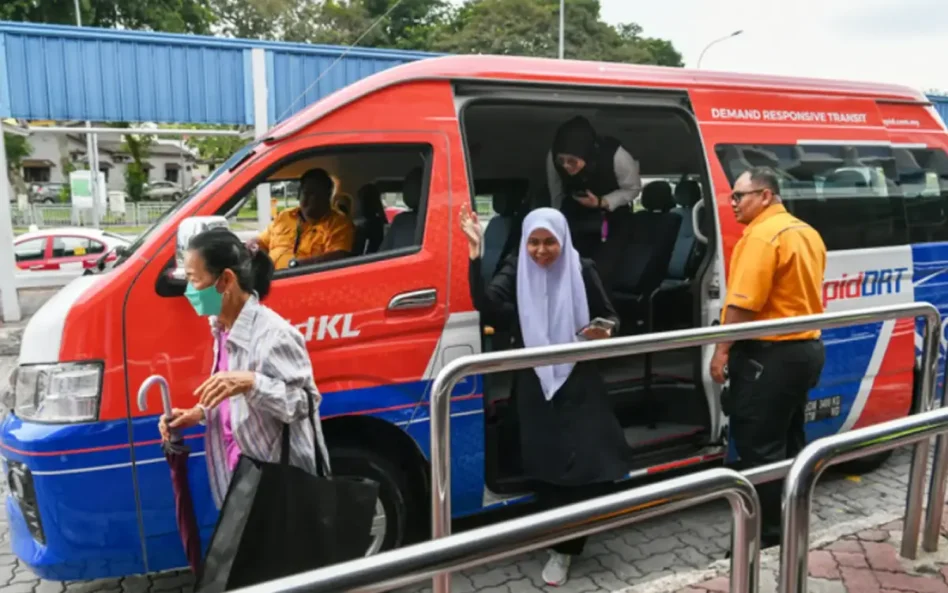IN pursuit for justice and equality, prominent Sarawakian activist Peter John Jaban has taken the lead in articulating the urgent need for political equity and historical redress over the under-representation of Sabah and Sarawak in the Malaysian Parliament.
The Sarawak Association for People’s Aspirations (SAPA) publicity and information chief is joined by Sabah Defender of Ancestral Lands (MOPOT) president Atama Katama in demanding Sabah and Sarawak representation in the Dewan Rakyat be raised to 34.5% in line with the foundational agreements of the Malaysia Agreement 1963 (MA63).
In addressing the deemed on-going injustices faced by Sabahans and Sarawakians, both activists highlighted a legacy of marginalisation within the political framework of Malaysia.
Their united front towards a non-negotiable stance aims to assert the need for political equity, respect for indigenous rights and a restoration of historical representation.
Although the Federation of Malaysia was established in 1963 under the premise of equality, both activists claimed that such promise has been systematically undermined.


“The arrangement ensured that East Malaysia was allocated over 34% of the seats in the Dewan Rakyat to protect our interests and uphold our voices within the federal system,” Atama who is a Sabah Dusun asserted in a statement.
He contended that the unjust reduction of representation following Singapore’s exit in 1965 has left the people of East Malaysia voiceless in critical national decisions.
In this regard, Jaban who is also the Malaysian Action for Justice and Unity (MAJU) co-founder revealed that Sabah and Sarawak currently hold only 25.23% of Dewan Rakyat seats, hence “far below the original agreement”.
“This under-representation has severely weakened our capacity to influence policies that directly impact our communities, leaving us vulnerable to decisions made without our consent,” he asserted.
Reclaiming autonomy

For context, renowned academician Prof James Chin who is a leading authority of political developments in Sabah and Sarawak had on Malaysia Day (Sept 16) rejected Projek SAMA and other Peninsular Malaysian-based NGOs’ suggestion that Sabah and Sarawak should be allocated 35% of the seats in Dewan Negara rather than Dewan Raykat.
The Sarawakian who is also the University of Tasmania professor of Asian Studies denounced the proposition as yet another evidence of lack of understanding among Peninsular Malaysian-based NGOs of the Borneo states’ historical grievances and claim to one-third of parliament seats in both Houses.
Like Chin, both Jaban and Katama in their joint statement slammed the actions of Peninsular Malaysian NGOs which tend to take a paternalistic approach towards Sabah and Sarawak’s civil society.
“These organisations frequently operate without our free, prior and informed consent (FPIC), perpetuating a patriarchal model of governance that mirrors the Ketuanan Melaya framework,” stated Jaban who is an indigenous Dayak.
He underscored that this paternalism undermines the autonomy of East Malaysian communities, thus further entrenching their marginalisation.
Demanding justice and restoration, both activists emphasised that their demands are rooted in a quest for justice, not negotiations for favours.
“We are asserting our right to a historical correction,” declared Katama.
Added Jaban: “We demand an end to the exploitative practices that have characterised our relationship with the Federal government. The resources of Sabah and Sarawak belong to our people and it is imperative that the benefits derived from these resources are re-directed back to our communities.” – Oct 7, 2024









